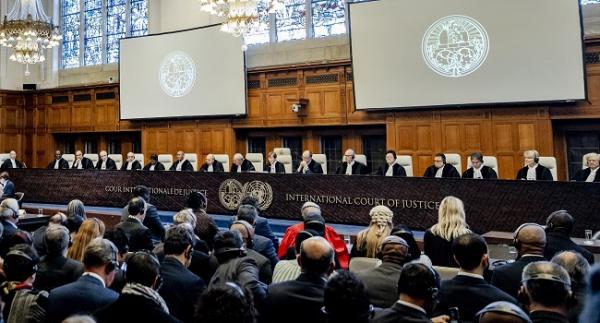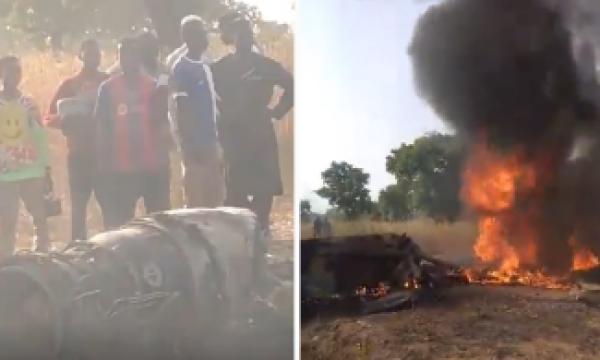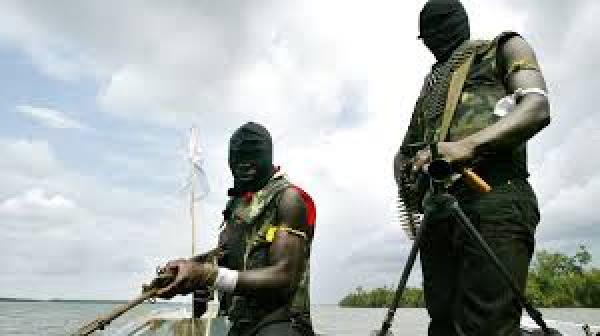
The UN’s top court Friday rejected South Africa’s request to put more legal pressure on Israel to halt a threatened offensive against the Gaza city of Rafah, saying it was “bound to comply with existing measures.”
Pretoria has already filed a complaint against Israel in the International Court of Justice (ICJ) in The Hague, alleging that its assault on Gaza amounts to a breach of the Genocide Convention.
The court has yet to rule on the underlying issue, but on January 26 it ordered Israel to ensure it took action to protect Palestinian civilians from further harm and to allow in humanitarian aid.
South African officials on Tuesday filed a further request to the court, asking it to order new measures in the light of Israel’s preparation of a new operation against Rafah.
More than half of Gaza’s 2.4 million population have sought shelter there from Israel’s offensive on the Gaza Strip.
The ICJ’s judges acknowledged that the recent developments “‘would exponentially increase what is already a humanitarian nightmare with untold regional consequences'” — citing remarks by UN Secretary-General Antonio Guterres.
But although Israel needed to act immediately to ensure the safety and security of Palestinians, that did not require “the indication of additional provisional measures”, they added.
Israel remained “bound to fully comply with its obligations under the Genocide Convention and with the said Order”, the ICJ ruling said.
Hamas’s October 7 attack resulted in the deaths of about 1,160 people in Israel, mostly civilians, according to an AFP tally based on official Israeli figures.
Militants also took about 250 people hostage, around 130 of whom are still in Gaza, including 30 who are presumed dead, according to Israeli figures.
Israel’s assault on Gaza has since killed at least 28,775 people, mostly women and children, according to the territory’s health ministry.
Israel’s foreign minister on Friday said the country would coordinate with Egypt before launching any military offensive in the southern border city of Rafah.
“We will operate in Rafah after we coordinate with Egypt,” Israel Katz told journalists on the sidelines of the Munich Security Conference, where 180 dignitaries have gathered to discuss conflicts around the globe.
Fears had been growing for the hundreds of thousands of people who have fled the north of Gaza to Rafah as Israeli troops advanced into the territory to wage war on Hamas.
But Israel is now planning a major operation in the overcrowded city. With the border to Egypt closed, nearly 1.5 million Palestinians are essentially trapped there.






















